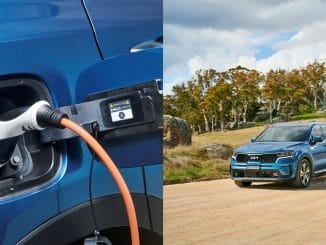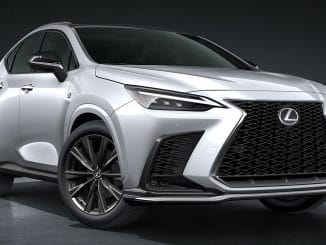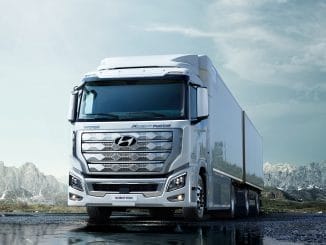 Are you ready for a future where electric cars are the standard? Standards play a key role in the deployment of new technology worldwide, provide customer convenience, and deliver market penetration.
Are you ready for a future where electric cars are the standard? Standards play a key role in the deployment of new technology worldwide, provide customer convenience, and deliver market penetration.
The replacement of combustion engine cars with electric cars will considerably improve the air quality; while CO2 emissions will reduce to a great extent. Electric vehicles will also lead to greener economy, but the market penetration of electric cars can only be possible with the proper standardisation of charging method and payment of electricity for vehicles.
Common standards will help both electricity companies and the automobile industry to promote electric cars well all across the world.
Standardised hardware, including cables and connectors, and software are fundamental to electric cars becoming a success. This standardisation will ensure convenient charging which is vital for standardisation.
If you’re ready to see a sustainable increase in electric cars, here’s what you need to know.
Electric cars around the world
In the past, the standardisation of charging infrastructure, battery voltage and vehicle speed has been managed by the Electric Vehicle Association of America. China has also established many technological benchmarks but there are none in this field yet, though China has declared to develop better electric vehicles in the near future.
Moving to Europe, electric suppliers are negotiating with the automobile industry to agree upon common standards for charging of electric cars. Europe has planned to install approximately 400 high power charging stations on the main roads of Europe by 2020. This idea originated from developing the Combined Charging System for all the leading car brands so that investment of the car manufacturers can be protected.
These fast and high power charging stations can recharge within 10 minutes. Developing more charging stations with common charging system will allow drivers to be confident about longer journeys and ultimately the market penetration of electric cars will increase as a result.
Closer to home, electric cars are already being manufactured and introduced in Australia as a sign of the current level of global penetration.
According to Sydney removalists Snappy Removals, the introduction of electric cars is exciting, saying “for businesses where transport is central, electric cars can be considerably cheaper. As a result of these lower running costs there may be reduced pressure on business owners who are struggling to make ends meet, and that’s not only good for business owners, but beneficial to the Australian economy too.”
Who will regulate?
The international standardisation bodies like the International Standard Organization (ISO) and the International Electrotechnical Commission (IEC) must play their role in developing technical standards. But there are some conflicts between the two organisations due to these differences:
- As the electric car is a road vehicle, its regularisation is the responsibility of ISO. On the other hand, this responsibility also falls under the domain of International Electrotechnical Commission (IEC) because it’s also a piece of electrical equipment.
- There is a strong involvement of vehicle manufacturers in ISO, while most of the experts in the IEC are electricians.
- Standardisation perspectives of the automotive and electro-technical worlds are
Despite these differences, both authorities are working on the international standardisation of electric cars. The IEC has revised the standards of electric vehicle charging with a document issued in 2001 containing comprehensive standards related to conductive charging. The IEC is also working on the standardisation of plugs and sockets for electric cars.
The ISO deals with the issues related to the car itself. However, the standards established by the ISO do not address the components and vehicle details. They are more focused on the standards of safety and performance measurements of the vehicles. The standards of on-road performance of electric cars include acceleration, maximum speed, and climbing ability. These set of standards were published in 2001 but new documents of international standards are being developed. These documentations include standards of safety specifications for personnel protection, performance measurement, terminologies for electric vehicles, reference energy consumption, and range.
According to electrical experts, Smart and Fast Electrical, the continued growth of electric cars is exciting, saying “while many people feel that electrical items require more attention, the truth is that electric cars actually need LESS maintenance, as there are fewer parts than a traditional combustion engine. So you end up with more money in your pocket as a result.”
What next?
All stakeholders of the electric car industry, including the manufacturers, electricity suppliers, government, and user groups, should work cooperatively to develop the international standards for the electric cars to benefit all those invested in their success.
According to car finance experts Maxiron Capital, “more and more Australians are opting to access short-term finance to facilitate the dream of owning an electric car. This is due to the lower running costs and lower maintenance costs which make repayments less imposing, and leave more money in the budget instead of with banks and lenders.”
These standards will overcome the variances between nations, business competitors, and economies, and lead to an increased ease of use and a better future for humanity.




